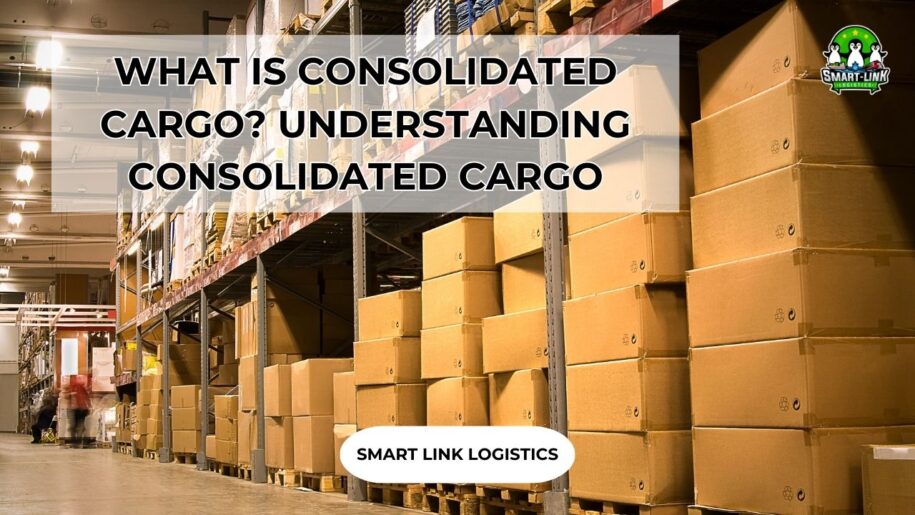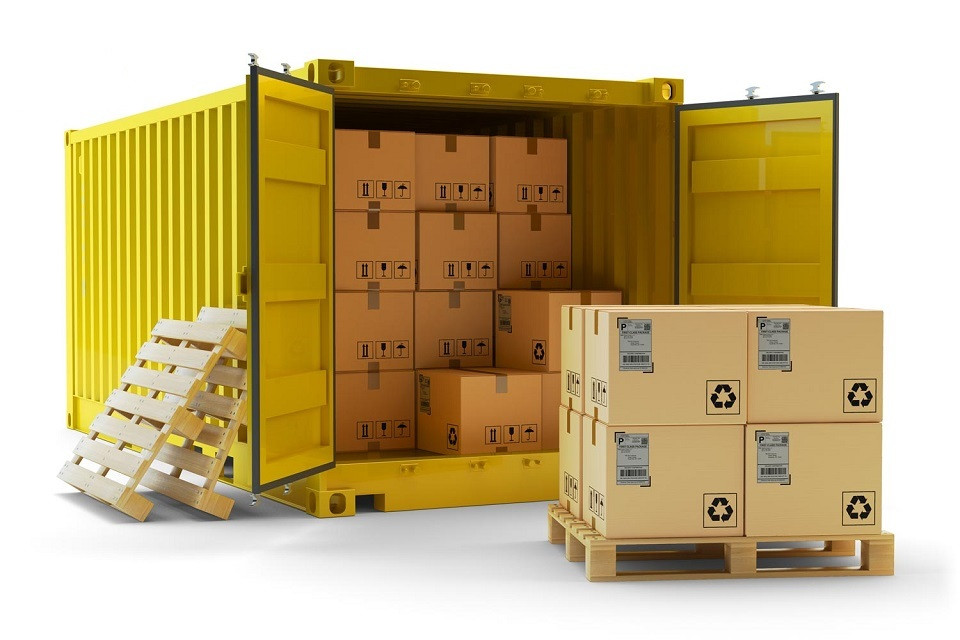
WHAT IS CONSOLIDATED CARGO? UNDERSTANDING CONSOLIDATED CARGO
In the field of import and export, each type of product and goods transported has its own specific designation. Consolidated cargo is a term often used but not always well understood. This article will provide a detailed explanation of this concept and the benefits it brings.
What is Consolidated Cargo?
Consolidated cargo, also known as LCL (Less than Container Load), refers to shipments that do not fill an entire container and therefore need to be combined with other shipments. If you have a shipment that doesn’t fully utilize a container’s capacity, it will be combined with other shipments to optimize transportation space. A common question is: does the sender need to find other shipments to consolidate with? Don’t worry, this process is handled and arranged by the transport service providers.
Shipping consolidated cargo generally involves several steps, including sorting, packing, documentation, and container loading to ensure safety throughout the journey. The goods are carefully divided and are not affected in terms of quality. It (LCL) should be distinguished from FCL cargo, which is a full container load that doesn’t require combining with other shipments.
What is Consol Coloader Cargo?
In addition to understanding the concept of this cargo, it’s also essential to know about consol coloader cargo. This is still considered consolidated cargo, but it requires transfer to another container due to different destinations. Although this shipping method can be more time-consuming and costly, it is sometimes necessary.

Benefits of Consolidated Cargo
It’s not always feasible for senders to fill an entire container, so consolidated cargo becomes a practical choice. Here are some standout benefits of using consolidated cargo:
-
Cost Savings: Consolidation allows senders to save on shipping costs. Instead of paying for a full container trip with a small amount of cargo, combining with other shipments helps share the cost, significantly reducing expenses. Not only are transportation costs minimized, but other expenses such as storage fees are also reduced.
-
Ensuring Cargo Safety: When goods are consolidated from the start, they are packed once and transported without needing to switch containers multiple times. This minimizes risks of damage, tearing, or impact during transportation.
-
Quantity Assurance: When goods are consolidated and sealed in a container, the risk of cargo loss is almost eliminated, as the container can only be opened with the sender’s consent. This helps ensure the quantity and quality of goods throughout the journey.
We hope this information has provided you with a clearer understanding of what consolidated cargo is. If you have any questions about import-export operations, please contact Smart Link Logistics for detailed consultation! With over 14 years of experience in logistics, Smart Link is proud to accompany you on every step of the journey.
Hotline: + 84 935 766 039 to know more about our services

If you require assistance with international import and export of goods, please contact our team at Smartlink Logistics. We are available to provide you with professional guidance on our services and the necessary customs procedures.
SMART LINK: BEST SERVICE BEST YOU


































